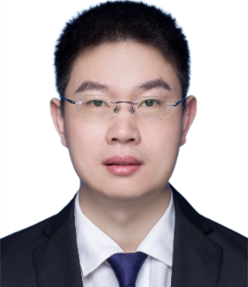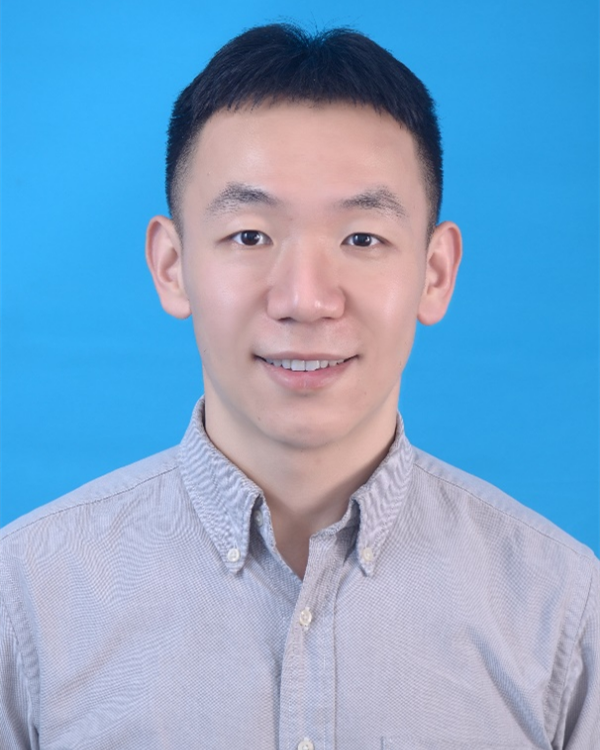 |
Prof. Giancarlo Succi Department of Computer Science and Engineering University of Bologna, Italy |
Giancarlo Succi (Member, IEEE) is a Professor with the Alma Mater Studiorum — University of Bologna, Italy. Before joining the University of Bologna, he was a Full Professor with Innopolis University, Russia; a Professor (tenure) with the Free University of Bolzano–Bozen, Italy, and the University of Alberta, Edmonton, AB, Canada; an Associate Professor with the University of Calgary, AB; and an Assistant Professor with the University of Trento, Italy. His research interests include multiple areas of software engineering, including open source development, agile methodologies, experimental software engineering, software engineering over the internet, software product lines, and software reuse.
Speech Topic: Pair Programming – (A)I in Action?
Abstract:
This keynote explores the relationship between intelligence
theories and pair programming. It reviews historical views
on intelligence, from the Binet-Simon tests to Howard
Gardner's Theory of Multiple Intelligences, which frames
intelligence as a multidimensional construct. These ideas
are strictly connected to pair programming, where two
programmers collaborate, often with one guiding the other,
reflecting Vygotsky’s Zone of Proximal Development (ZPD),
where cognitive growth occurs through mentorship and
scaffolding. Pair programming also exemplifies distributed
cognition, where problem-solving and intelligence are shared
across individuals and tools. By distributing cognitive
tasks, both programmers enhance their skills and adapt to
challenges more effectively. Altogether, Pair Programming
evidences how intelligence is not an isolated trait but can
be expanded through collaborations with people and using
suitable (artificially) intelligent tools via shared
cognitive processes.
 |
Prof. Dongrui Wu
(伍冬睿教授) 华中科技大学人工智能与自动化学院教授、博导、院长助理,图像信息处理与智能控制教育部重点实验室副主任,IEEE Fellow,IEEE模糊系统汇刊(IF=11.9)主编,《国家科学评论》信息学科编辑工作组成员 Huazhong University of Science and Technology, China |
Dongrui Wu (IEEE Fellow) received a PhD in Electrical
Engineering from the University of Southern California, Los
Angeles, CA, in 2009. He is now Professor at School of
Artificial Intelligence and Automation, Huazhong University
of Science and Technology, Wuhan, China.
Prof. Wu's research interests include brain-computer
interface, machine learning, computational intelligence, and
affective computing. He has more than 200 publications
(13000+ Google Scholar citations; h=60). He received the
IEEE Computational Intelligence Society Outstanding PhD
Dissertation Award in 2012, the IEEE Transactions on Fuzzy
Systems Outstanding Paper Award in 2014, the IEEE Systems,
Man and Cybernetics Society Early Career Award in 2017, the
USERN Prize in Formal Sciences in 2020, the IEEE
Transactions on Neural Systems and Rehabilitation
Engineering Best Paper Award in 2021, the Chinese
Association of Automation (CAA) Early Career Award in 2021,
the Ministry of Education Young Scientist Award in 2022, and
First Prize of the CAA Natural Science Award in 2023. His
team won National Champion of the China Brain-Computer
Interface Competition in two successive years (2021-2022).
Prof. Wu is the Editor-in-Chief of IEEE Transactions on
Fuzzy Systems.
Speech Topic: Machine Learning in Brain-Computer
Interfaces
Abstract: A brain-computer interface (BCI) enables direct
communication between the brain and external devices.
Electroencephalograms (EEGs) used in BCIs are weak, easily
contaminated by interference and noise, non-stationary for
the same subject, and varying across different subjects and
sessions. Thus, sophisticated machine learning approaches
are needed for accurate and reliable EEG decoding.
Additionally, adversarial security and privacy protection
are also very important to the broad applications of BCIs.
This talk will introduce machine learning algorithms for
accurate, secure and privacy-preserving BCIs.
 |
Prof. Chao Shen
(沈超教授) 国家级领军人才特聘教授, 国家优青, 达摩院青橙奖, 华中科技大学 MIT TR35 China Huazhong University of Science and Technology, China |
Chao Shen (Senior Member, IEEE) received the BS
degree in automatic control and the PhD degree in system
engineering from Xi’an Jiaotong University, Xi’an, China, in
2007 and 2014, respectively. He is currently a professor
with the faculty of Electronic and Information Engineering,
Xi’an Jiaotong University of China. From 2011 to 2013, he
was a Joint PhD Student with Machine Learning of Carnegie
Mellon University. And he also became the sole recipient of
the 2023 the IEEE SMC Early Career Award for his significant
contributions to theory and industrial applications of
intelligent system control and security by the IEEE Systems,
Man, and Cybernetics Society (IEEE SMC) on Oct 3. His
research interests mainly include deep learning, data
mining, AI security, and their applications for vision, big
data, system security, and smart city. He is currently an
associate editor for a number of journals, including the
IEEE Transactions on Dependable Secure Computing and Journal
of Franklin Institute, and TPC of conferences, including ACM
CCS, NDSS, and ICDCS.